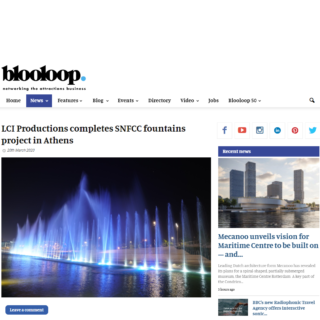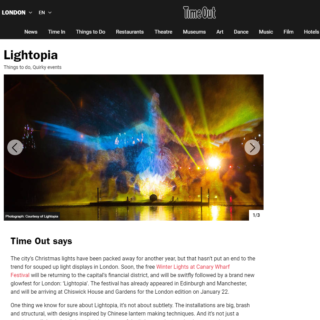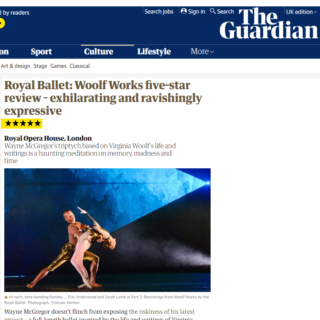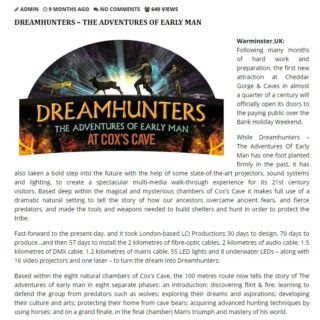
In the dynamic world of visitor attractions and themed entertainment, crafting unforgettable experiences is paramount to driving engagement and increasing repeat visitors.
From Virtual Reality (VR) simulations that adapt with user behaviour and actions in real time to Augmented Reality (AR) experiences that blend digital and physical worlds together, Artificial Intelligence (AI) is revolutionising the immersive experience landscape in more ways than ever before.
In this blog post, we take a dive into the different ways AI is impacting immersive experiences and how event professionals can utilise AI as a toolkit to benefit their next event.
The Rise of Personalisation
One of the most significant contributions of AI to immersive experiences is personalisation. Through advanced algorithms and data analysis, AI can gather insights into visitor preferences, behaviours, and demographics. Armed with this information, event professionals can tailor experiences to individual visitors, creating a sense of exclusivity and engagement.
For instance, theme parks equipped with AI-powered recommendation systems can suggest personalised ride itineraries based on visitors’ interests and wait times. Museums can utilise AI chatbots to provide interactive tours customised to visitors’ historical or artistic preferences. This level of personalisation not only enhances visitor satisfaction but also encourages repeat visits as guests seek out new personalised experiences through innovative technologies.
Enhanced Storytelling and Interactivity
AI technologies such as natural language processing and computer vision have unlocked new dimensions of storytelling and interactivity within experiences. Chatbots and virtual assistants can engage visitors in meaningful conversations, providing insights, anecdotes, and historical context that enrich their experience.
As well as this, AI-driven interactive exhibits can adapt and respond to visitor actions in real-time, creating a dynamic and immersive environment. For example, interactive installations in science museums can use AI to analyse visitor movements and gestures, triggering corresponding visual or auditory responses. This level of interactivity blurs the line between the physical and digital realms, drawing visitors deeper into the narrative and enriching their experience.
Stronger Emotional Connections
Richly detailed graphics, adaptive sound and dynamic narratives are all made possible or enhanced by AI. Guest experiences with higher levels of responsiveness can increase immersion and drive greater emotional connections. We’re all on the hunt for the best immersive environments and losing ourselves in the narrative. AI can enhance the immersive experience tenfold and boost interactivity levels.
AI can also ensure the experience is different for every user, or different every time they play, so that interactions become more relevant and nuanced. This can wield substantial benefits in terms of replayability and guest retention.
Ethical Considerations and Challenges
While the integration of AI brings numerous benefits to the immersive experiences, it also raises ethical considerations and challenges. Privacy concerns regarding the collection and utilisation of visitor data need to be addressed transparently to maintain trust and compliance with regulations such as GDPR.
Additionally, there is a need for ongoing evaluation of AI algorithms to mitigate biases and ensure inclusivity in personalised experiences. Striking the right balance between automation and human interaction is crucial to preserve the authenticity and emotional connection that define memorable experiences.
As experiences continue to evolve in response to technological advancements, the key lies in harnessing the power of AI to create experiences that are not only immersive and entertaining but also ethical and inclusive. By embracing AI responsibly, event professionals can continue to captivate audiences and inspire wonder for generations to come.
























